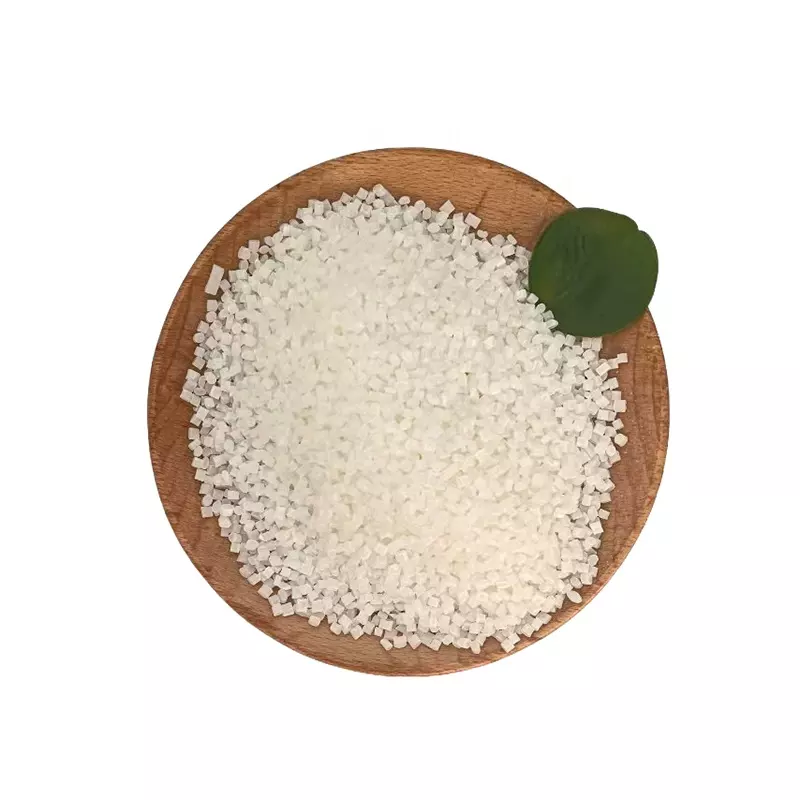Hubei, one of China's traditional industrial bases, has developed a well-structured mold manufacturing industry, with key production centers concentrated in Wuhan. The province has formed several regional clusters: Shiyan, Xiangfan, and Suizhou focus on automotive molds; Huangshi specializes in plastic molds; and Jingzhou and Yichang are known for light and military-grade molds. This geographic specialization has helped Hubei establish a strong foundation in the mold sector.
According to partial data, there are approximately 200 mold manufacturers and research institutions in Hubei, each contributing to different aspects of the industry. One of the most notable strengths is the high-level automotive mold production. Companies like Dongfeng Automobile Mould Co., Ltd. and Shiyan Pioneer Mould Co., Ltd. lead in the design and manufacture of large automotive components, with some products reaching international standards. Another key area is precision mold manufacturing, where companies such as Efeng Mould Co., Ltd., State-owned 733 Factory, and State-owned 612 Factory demonstrate advanced capabilities.
Hubei also holds an advantage in mold materials, thanks to major steel producers like Daye Special Steel Group and Wuhan Iron & Steel (Group) Company. These firms have developed new types of high-performance mold steels, significantly improving mold quality and longevity. In terms of R&D, universities like Huazhong University of Science and Technology, Wuhan University of Technology, and Wuhan Institute of Mechanical Technology are actively involved in mold technology development, including CAD/CAE/CAM applications and precision casting.
The region also offers excellent education and training opportunities for mold professionals. Institutions such as Hubei University of Technology and the Wuhan Advanced Tooling Industry Training Center provide comprehensive programs from basic to advanced levels, ensuring a steady supply of skilled workers for the industry.
Despite these strengths, Hubei’s mold industry still faces challenges compared to coastal provinces. The corporate structure remains unbalanced, with many state-owned enterprises and workshops dominating the market. Private and joint-stock companies, though growing, have not yet met the full demands of the market. Additionally, the ability to produce large-scale, complex, and long-life high-grade molds is limited, and the adoption of advanced technologies like CAD/CAE/CAM is still low.
Another issue is the lack of standardization and commercialization. Many mold manufacturers operate independently, with a significant portion of their products used internally rather than being sold on the open market. This leads to inefficiencies and longer production cycles. Creating a more collaborative and standardized industry environment requires significant effort.
To address these issues, Hubei’s mold industry has proposed several strategies. These include restructuring the enterprise system to encourage mixed-ownership models, enhancing cooperation with international mold industries to gain access to advanced technology and management practices, and leveraging industry associations to promote collaboration and standardization. Initiatives like the "Hubei Mould City" project aim to create a centralized, specialized, and commercially viable mold market, helping Hubei move toward a more modern and competitive industry.
HIPS Resin,HIPS (High Impact Polystyrene), also known as PS (Polystyrene), is an amorphous thermoplastic material, used in lower heat applications. It is categorized as a standard material, and offers ease of processing, high impact strength, and stiffness.Products made of polystyrene are almost everywhere, such as packaging materials and household products.
Hips Resin,High Impact Polystyrene,Hips Plastic,Plastic Raw Materials
Jiangsu Zijun International Trade Co., Ltd. , https://www.zijunplastic.com